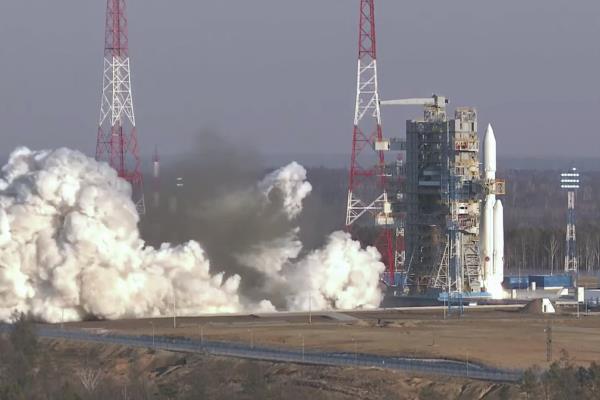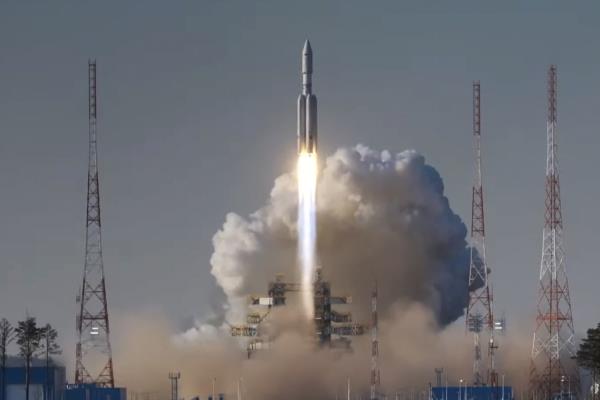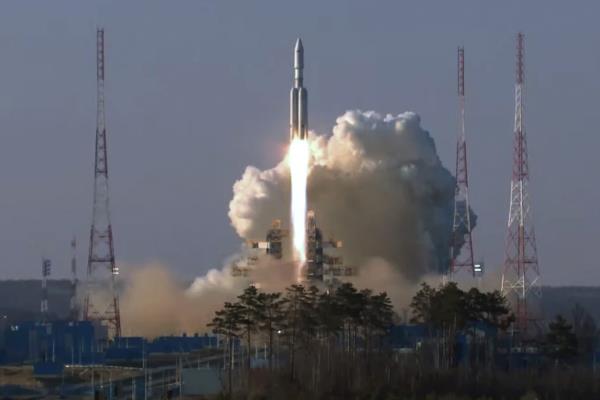
Russia achieved a successful test launch of its new heavy-lift rocket from the Vostochny space complex in the Far East. This milestone comes after two previous aborted attempts earlier in the week.
The first launch attempt of the Angara-A5 rocket was halted just two minutes before liftoff on Tuesday due to a pressurization system failure in the oxidizer tank of the central block. The second attempt on Wednesday was also aborted by the automatic safety system, detecting a flaw in the engine start control mechanism, likely attributed to a programming error.
Thursday's successful launch marks the fourth for the Angara-A5, a heavy-lift variant of the new Angara rocket family designed to replace the Soviet-era Proton rockets. Previous launches of the Angara-A5 took place at the Plesetsk launchpad in northwestern Russia.



Following the dissolution of the Soviet Union in 1991, Russia leased the Baikonur Cosmodrome from Kazakhstan for space launches. The agreement allows Russia to continue leasing Baikonur until 2050 for $115 million annually. Despite this, Russian authorities have prioritized Vostochny as the primary launch site for Angara rockets, although its construction has faced delays and limited utilization.
The development of the Angara-A5, slated to be the primary launch vehicle for Russia's lunar research program, has encountered numerous delays and fallen years behind schedule. Similar to the Proton rockets it aims to replace, the Angara-A5 is designed for launching intelligence and communication satellites into geostationary orbits.







